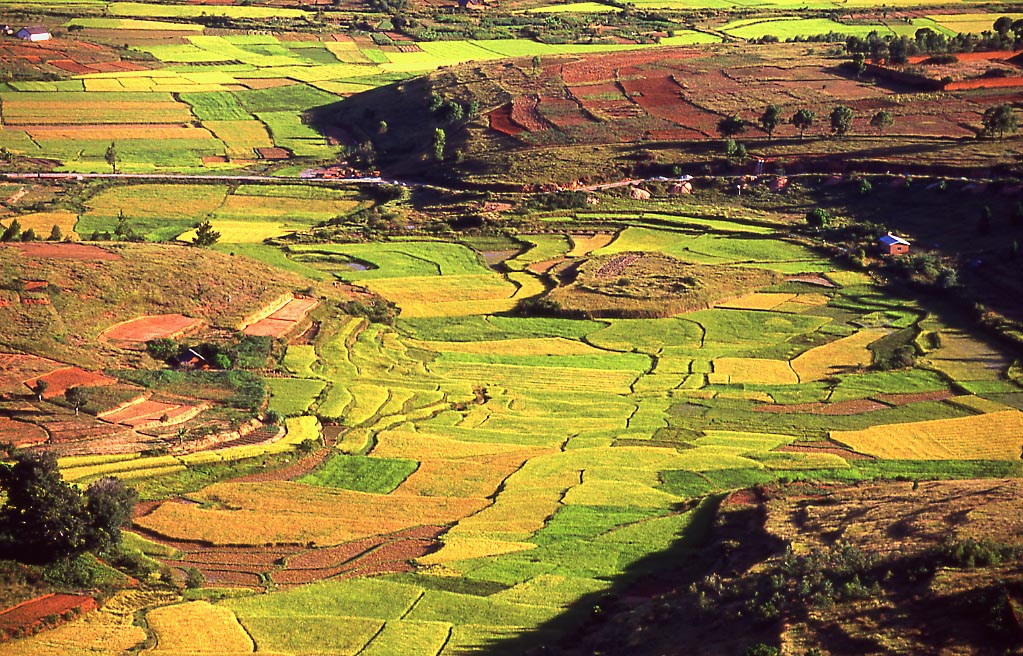|
Hasina (Madagascar)
Hasina is the concept of sanctity and imbued authority in the traditional culture of Madagascar. An individual is believed to be imbued with ''hasina'', which can be augmented or diminished by their actions or by the tribute or authority conceded to them by others. Rulers in traditional society were the ultimate embodiment of ''hasina'', whereas community leaders and heads of families possessed relatively less. The same term, ''hasina'', was used to describe tributes given to political leaders, which in the 19th century Kingdom of Imerina The Merina Kingdom, or Kingdom of Madagascar, officially the Kingdom of Imerina (–1897), was a pre-colonial state off the coast of Southeast Africa that, by the 19th century, dominated most of what is now Madagascar. It spread outward from I ... typically took the form of a silver coin and accompanying prayer. References Malagasy culture Malagasy words and phrases {{Madagascar-stub ... [...More Info...] [...Related Items...] OR: [Wikipedia] [Google] [Baidu] |
Sanctity
Sacred describes something that is dedicated or set apart for the service or worship of a deity; is considered worthy of spiritual respect or devotion; or inspires awe or reverence among believers. The property is often ascribed to objects (a " sacred artifact" that is venerated and blessed), or places (" sacred ground"). French sociologist Émile Durkheim considered the dichotomy between the sacred and the profane to be the central characteristic of religion: "religion is a unified system of beliefs and practices relative to ''sacred things'', that is to say, things set apart and forbidden." Durkheim, Émile. 1915. ''The Elementary Forms of the Religious Life''. London: George Allen & Unwin. . In Durkheim's theory, the sacred represents the interests of the group, especially unity, which are embodied in sacred group symbols, or using team work to help get out of trouble. The profane, on the other hand, involve mundane individual concerns. Etymology The word ''sacred'' desce ... [...More Info...] [...Related Items...] OR: [Wikipedia] [Google] [Baidu] |
Madagascar
Madagascar (; mg, Madagasikara, ), officially the Republic of Madagascar ( mg, Repoblikan'i Madagasikara, links=no, ; french: République de Madagascar), is an island country in the Indian Ocean, approximately off the coast of East Africa across the Mozambique Channel. At Madagascar is the world's List of island countries, second-largest island country, after Indonesia. The nation is home to around 30 million inhabitants and consists of the island of Geography of Madagascar, Madagascar (the List of islands by area, fourth-largest island in the world), along with numerous smaller peripheral islands. Following the prehistoric breakup of the supercontinent Gondwana, Madagascar split from the Indian subcontinent around 90 million years ago, allowing native plants and animals to evolve in relative isolation. Consequently, Madagascar is a biodiversity hotspot; over 90% of wildlife of Madagascar, its wildlife is endemic. Human settlement of Madagascar occurred during or befo ... [...More Info...] [...Related Items...] OR: [Wikipedia] [Google] [Baidu] |
Kingdom Of Imerina
The Merina Kingdom, or Kingdom of Madagascar, officially the Kingdom of Imerina (–1897), was a pre-colonial state off the coast of Southeast Africa that, by the 19th century, dominated most of what is now Madagascar. It spread outward from Imerina, the Central Highlands region primarily inhabited by the Merina ethnic group with a spiritual capital at Ambohimanga and a political capital west at Antananarivo, currently the seat of government for the modern state of Madagascar. The Merina kings and queens who ruled over greater Madagascar in the 19th century were the descendants of a long line of hereditary Merina royalty originating with Andriamanelo, who is traditionally credited with founding Imerina in 1540. In 1883, France invaded the Merina Kingdom to establish a protectorate. France invaded again in 1894 and conquered the kingdom, making it a French colony, in what became known as the Franco-Hova Wars. History Hova-Vazimba conflict Madagascar's central highlands we ... [...More Info...] [...Related Items...] OR: [Wikipedia] [Google] [Baidu] |
Malagasy Culture
The culture of Madagascar reflects the origins of the people Malagasy people in Southeast Asia, East Africa and Oceania. The influence of Arabs, Indians, British, French and Chinese settlers is also evident. The most emblematic instrument of Madagascar, the ''valiha'', is a bamboo tube zither carried to the island by early settlers from South Kalimantan, southern Borneo, and is very similar in form to those found in Music of Indonesia, Indonesia and the Music of the Philippines, Philippines today. Traditional Architecture of Madagascar, houses in Madagascar are likewise similar to those of southern Borneo in terms of symbolism and construction, featuring a rectangular layout with a peaked roof and central support pillar. Reflecting a widespread veneration of the ancestors, tombs are culturally significant in many regions and tend to be built of more durable material, typically stone, and display more elaborate decoration than the houses of the living.Acquier (1997), pp. 143– ... [...More Info...] [...Related Items...] OR: [Wikipedia] [Google] [Baidu] |

